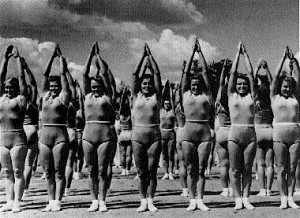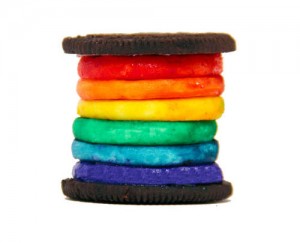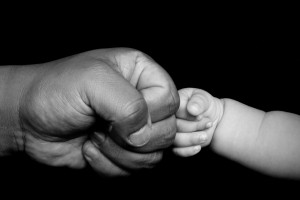 From the NYT: During Friday’s opening ceremony, Jacques Rogge, the president of the International Olympic Committee, drew loud and sustained applause when he said: “For the first time in Olympic history, all the participating teams will have female athletes. This is a major boost for gender equality.”
From the NYT: During Friday’s opening ceremony, Jacques Rogge, the president of the International Olympic Committee, drew loud and sustained applause when he said: “For the first time in Olympic history, all the participating teams will have female athletes. This is a major boost for gender equality.”
It is true that women have come light-years from the first modern Games, held in Athens in 1896, when their presence was welcomed only as spectators. Women, too, have made significant gains even since the Atlanta Games in 1996, when 26 nations did not send female athletes.
Yet the fight for true equality is far from being won. For the first time, Saudi Arabia sent two female athletes to compete in London, along with at least one sports official. But the three women who participated in the opening ceremony walked behind the men, not among them.
For some Westerners, this has been viewed a reminder of the subordinate place of women in the conservative Islamic monarchy, where sport is forbidden for girls in schools and women are effectively not allowed to drive cars. Continue here.
Here’s a parallel piece from the Washington Post about the fairness of Olympic clothing: “Swapping out the Olympic bikini .”
And another one from the Huffington Post: Should Male Volleyball Players Also Wear Skimpy Outfits?







